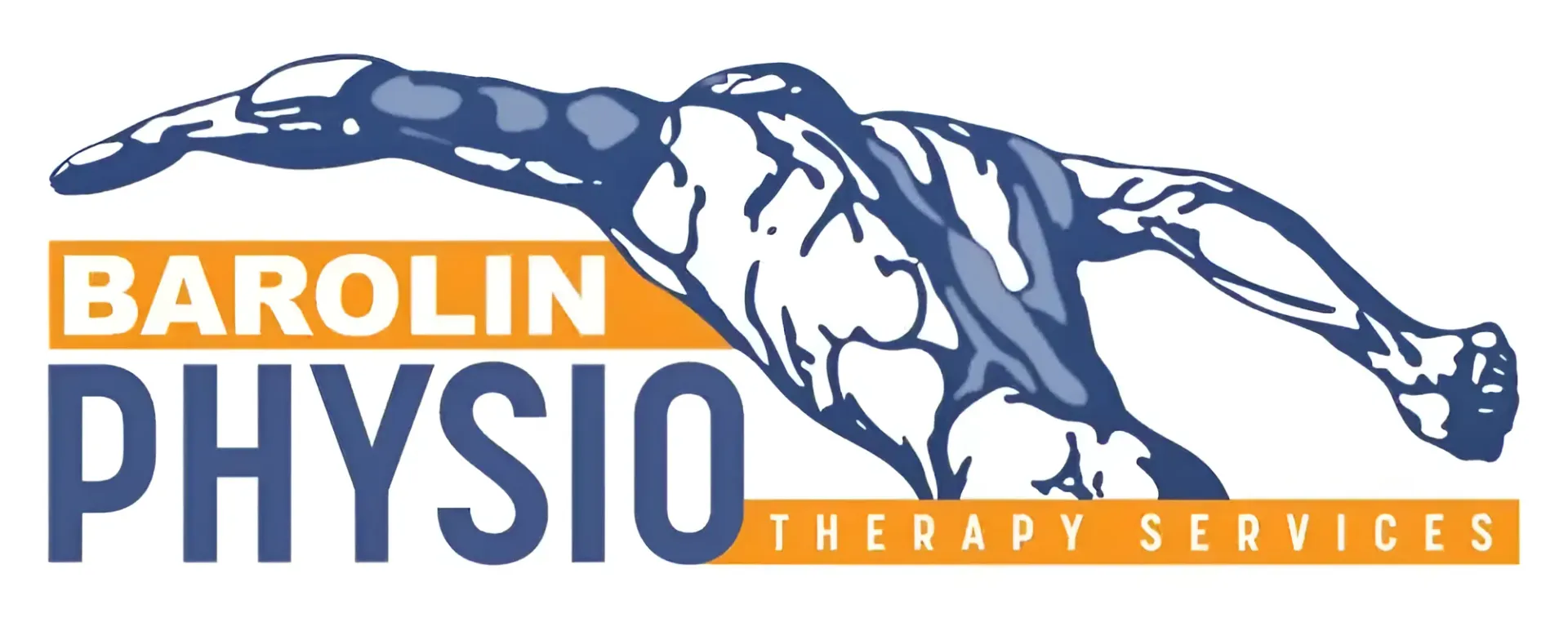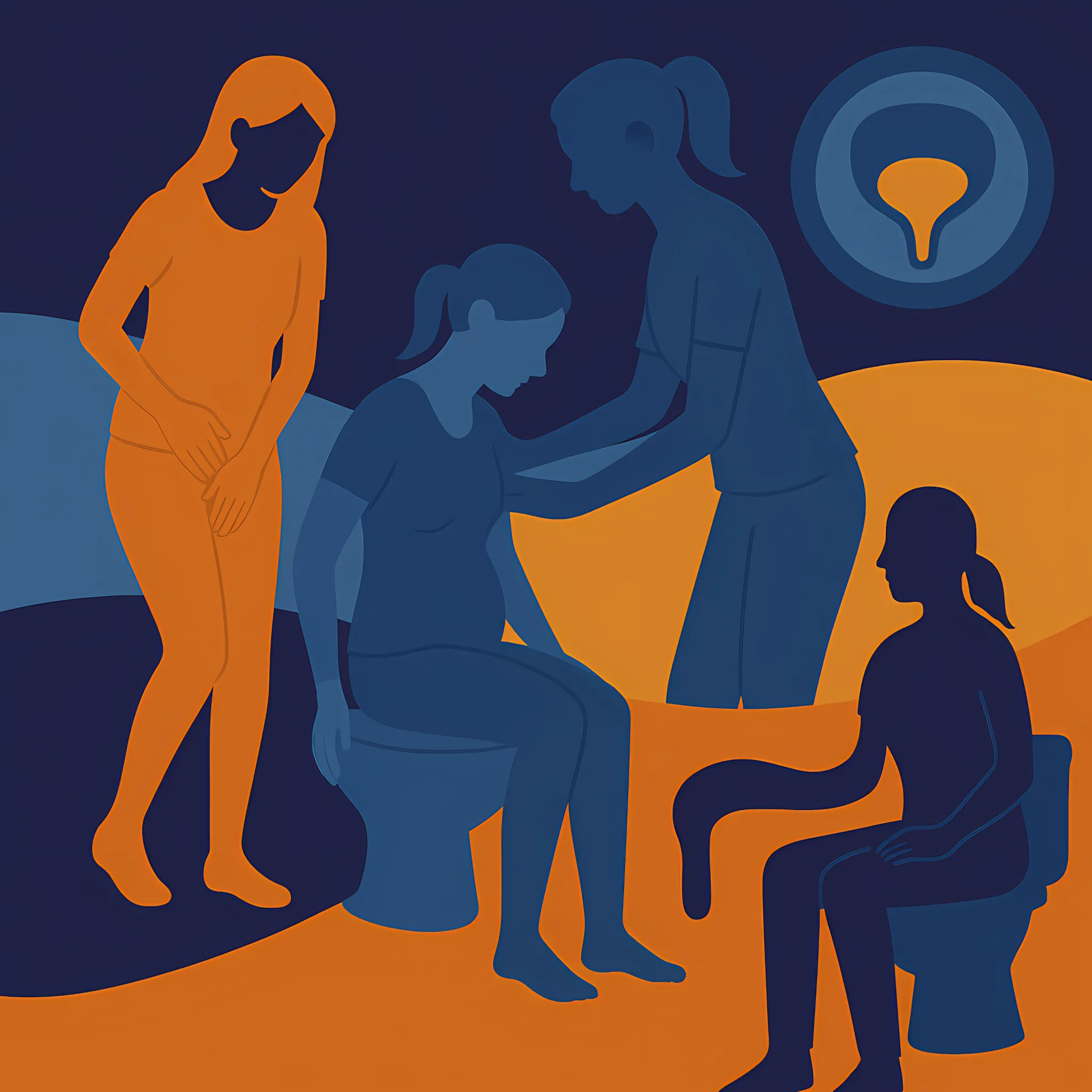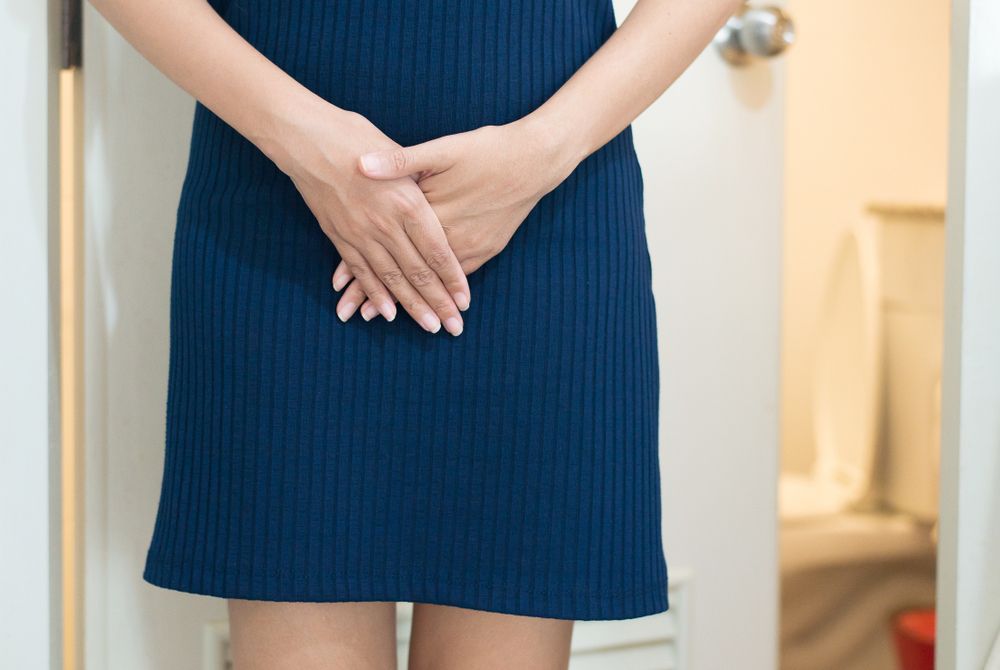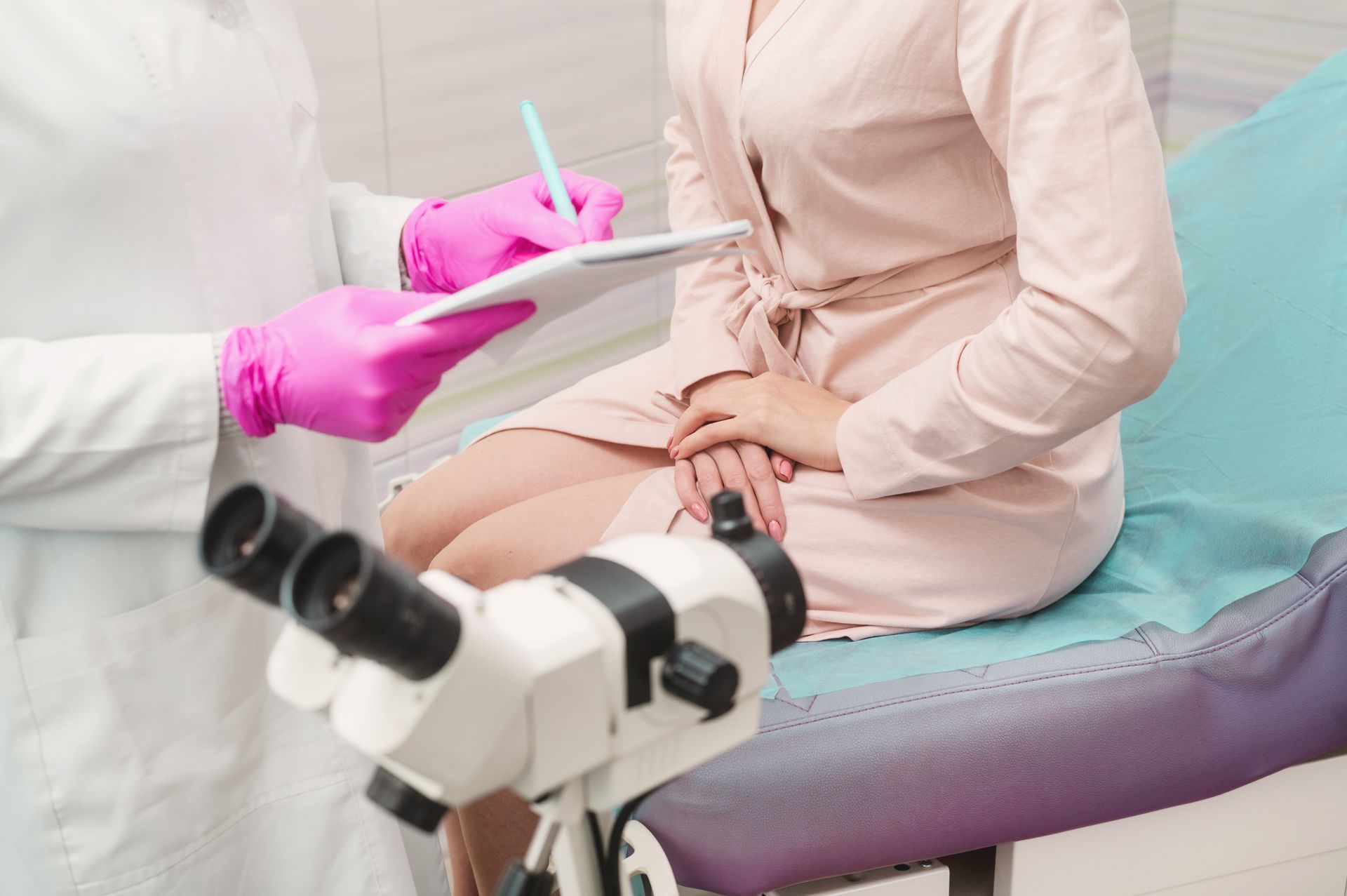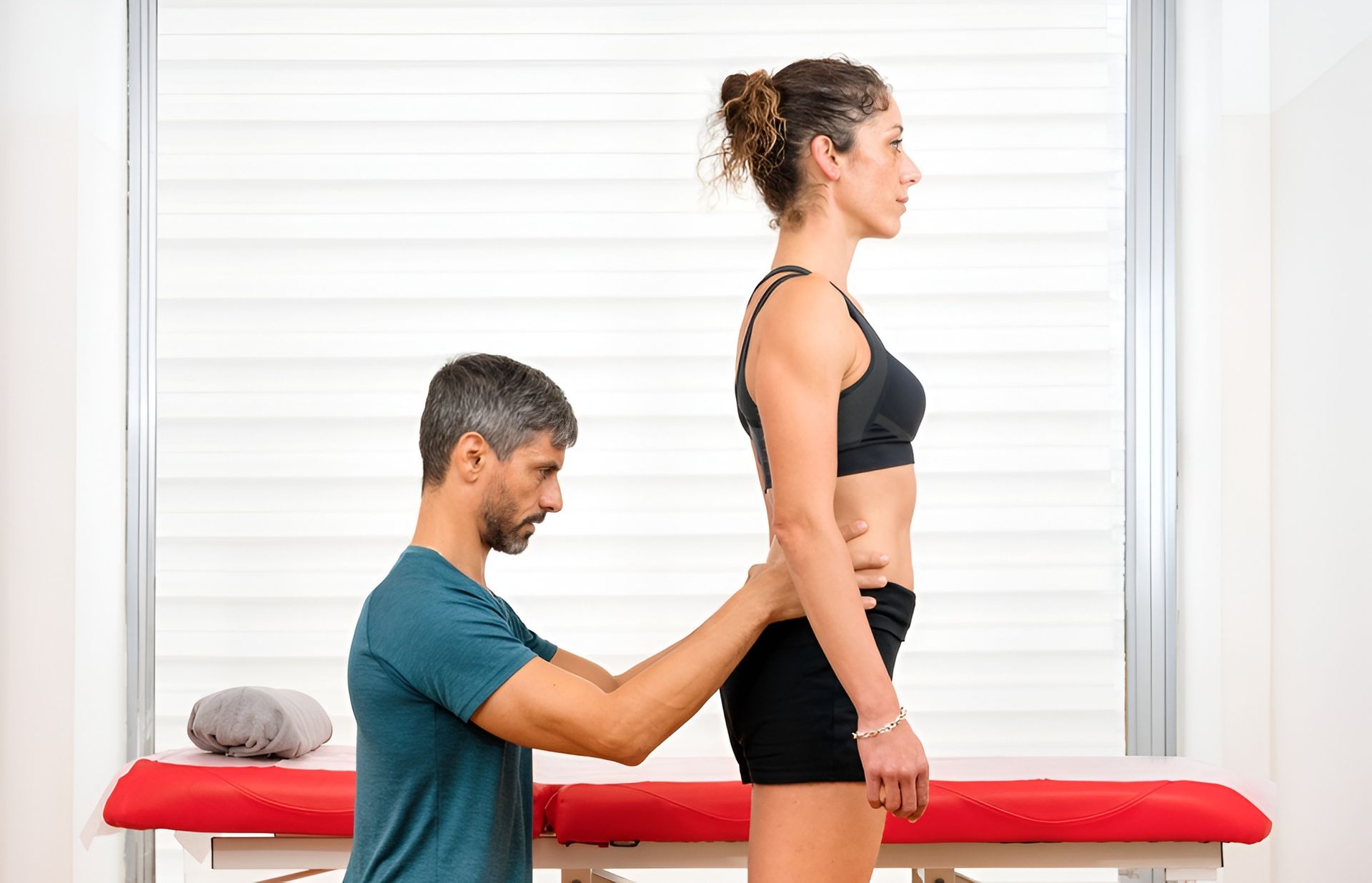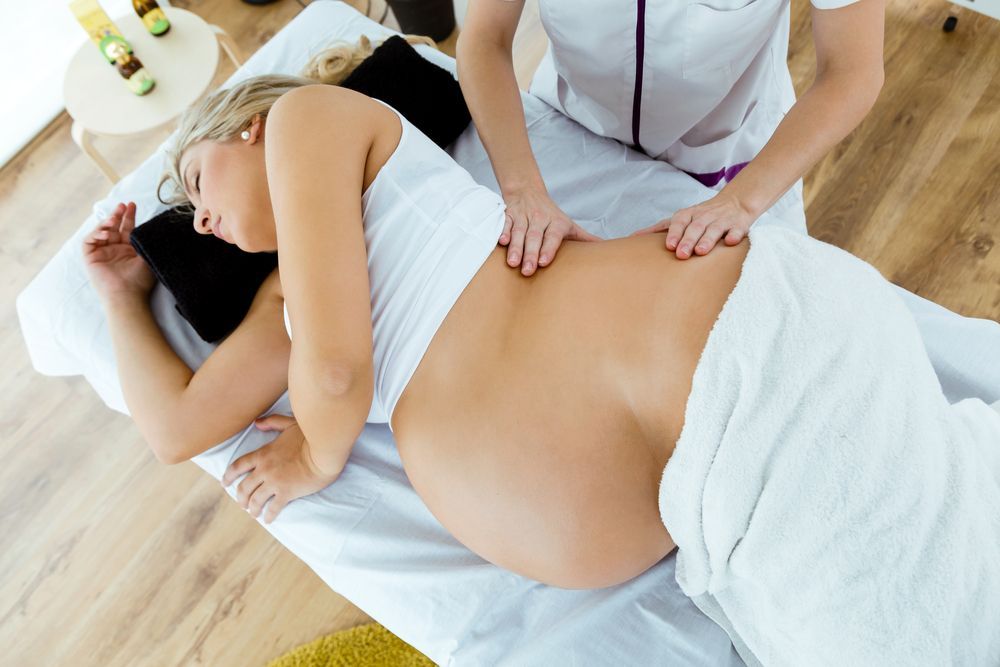Women's Health Physio Bundaberg
Now Welcoming New Patients — No Referral Needed!
20+
years supporting locals
100%
locally owned clinic
7+
specialised services offered
2
on-site physiotherapists
Do You Ever...
- Rush to use the toilet?
- Leak before you can make it to the toilet?
- Leak when you sneeze, cough, exercise or lift something heavy?
- Experience pain in the pelvic region?
If you have answered “yes” to any of the above, you may benefit from seeing our women’s pelvic health and incontinence physiotherapist. We can help you with the assessment and management of women’s pelvic health issues that may occur in different stages of life.
Take control of your life again with women's pelvic health physiotherapy at Barolin Physiotherapy Services in Bundaberg.
Schedule a consultation on
07 4153 4333 today to discuss a personalised treatment plan.
We also treat pelvic pain and prolapse, and provide antenatal and postnatal care.
One in Four Australians
1 in 4 Australians experience some kind of bladder and/or bowel incontinence issues in their lifetime. You do not have to be pregnant or have had a baby to experience incontinence, either urinary or faecal. It can occur at various stages of a women’s life due to one or more of the following causes:
- Weakness of the pelvic floor muscles due to under use
- Damage to the muscles during pregnancy & childbirth
- Change in hormones associated with menopause
- Decreased muscle tone due to aging
- Damage to the muscles due to chronic constipation/chronic cough/obesity
Types of Incontinence
Stress urinary incontinence
- When you experience leakage with certain activities like coughing, sneezing, laughing, exercise, running, etc.
Urge urinary incontinence
- When you experience a sudden and unexpected urge to urinate and may leak before you can safely make it to the toilet.
Overactive bladder
- Increased urgency and frequency of urinations due to bladder dysfunction.
Constipation & faecal incontinence
- Increased straining to pass bowel motions or unable to control urge to pass bowel motions.
We can provide you with holistic advice and guidance to manage the above conditions. We can recommend bladder retraining programs to help you regain control of your bladder. The treatment options can range from pelvic floor muscle training to help with urinary and/or fecal incontinence to dietary and lifestyle advice to manage constipation and avoid putting excess stress on the pelvic floor.
Pelvic Pain
Pelvic pain can be a distressing condition. It can be caused by local pelvic trauma, stress and anxiety leading to associated increased muscle resting tone in the pelvic floor. It can lead to difficulty with urine flow, painful sexual intercourse and difficulty with using tampons.
There are various treatment options that may help you with pelvic pain. This includes pelvic floor myofascial release, biofeedback, TENS and relaxation techniques.
Discuss evidence-based options for managing pelvic pain and pelvic floor issues through pelvic floor physio at Barolin Physiotherapy Services in Bundaberg. Phone our clinic on
07 4153 4333 to book a consultation.
Prolapse
Pelvic organ prolapse is a very common condition where women can feel a constant or intermittent dragging, bulging or feeling of heaviness in the perineal region that may or may not be associated with incontinence and pain. The pelvic floor muscles and fascia become weak and loose, making them unable to provide support to the bladder, uterus and rectum, causing them to descend lower.
Depending on the stage of prolapse, lifestyle modifications and pelvic floor muscle training can help ease the symptoms and prevent the prolapse from getting worse.
Pregnancy/Antenatal
There are various types of pain and dysfunction that most women experience during and after pregnancy. These can be influenced by several factors, including weight gain, hormonal changes, foetal positions and activity level before or during pregnancy. Some of the conditions that we can help you manage during pregnancy are:
- Lower back pain
- Sciatica/leg pain
- Pubic symphysis pain
- Round ligament pain
- Pelvic floor muscle assessment & strengthening
Explore comprehensive antenatal and postnatal physiotherapy options at Barolin Physiotherapy Services in Bundaberg, designed to support maternal well-being before, during and after childbirth.
Post-Pregnancy, Postnatal & Postpartum
We understand that the postpartum period can be quite overwhelming and looking after yourself can take a backseat. However, it’s important that the pain and dysfunction that women experience during this period is managed correctly and in a timely fashion. At Barolin Physiotherapy Services, we can assist with:
- Post-pregnancy pelvic floor muscle rehabilitation
- Return to exercise guidance postpartum
- Diastasis recti or abdominal separation & associated weakness
- Perineal trauma caused by forceps/vacuum assisted delivery, episiotomy & tears
- Ongoing low back or sacroiliac joint pain
Frequently Asked Questions
Who can benefit from pelvic health physiotherapy?
Pelvic health physiotherapy is versatile and can benefit a wide range of individuals experiencing symptoms of urinary or fecal incontinence. It is often thought to be beneficial for women post-childbirth or during menopause.
For younger adults or athletes, incontinence symptoms might be related to high-impact sports or strenuous physical activities that put excessive pressure on the pelvic floor. In these cases, physiotherapy can help reinforce muscle strength and endurance.
Older adults often find pelvic health physiotherapy beneficial, especially when age-related muscle weakening becomes noticeable. Even children who have bed-wetting issues or face difficulties during toilet training may benefit under specialised pediatric guidance.
How many sessions will I need?
The number of sessions you'll require varies significantly based on multiple factors such as the severity of your condition, your response to treatment and your adherence to home exercises. For some individuals dealing with mild symptoms, progress can be noted within a few sessions, particularly if they also diligently perform their home-based exercises. On the other hand, for moderate to severe cases or for those who have other complicating medical conditions, a longer period of treatment may be necessary.
It's also important to note that incontinence physiotherapy is often a component of a broader healthcare strategy, which may include medication, lifestyle changes, and possibly surgical interventions. Regular follow-ups with your healthcare provider are essential for monitoring progress and making necessary adjustments to your treatment plan.
What does a typical session involve?
An initial assessment usually involves a thorough discussion of symptoms, medical history and lifestyle factors. Subsequent sessions may include internal examination, guided pelvic floor exercises, biofeedback and sometimes the use of equipment like electrical stimulators to enhance muscle activation. You may also be given exercises to do at home.
Enquire Now
Thank you for contacting Barolin Physiotherapy Services.
We will get back to you as soon as possible.
Oops, there was an error sending your message.
Please try again later.
Improving Your Pelvic Health
Treatment for improving your pelvic health may include:
- Pelvic floor muscle training prescription
- Bladder retraining
- Dos & don’ts for before & after urogenital surgery
- Advise regarding prolapse and lifestyle modifications to prevent worsening
- Toileting positions for better bladder & bowel emptying
- Pelvic floor muscle relaxation & down training for pelvic floor pain
- Biofeedback
